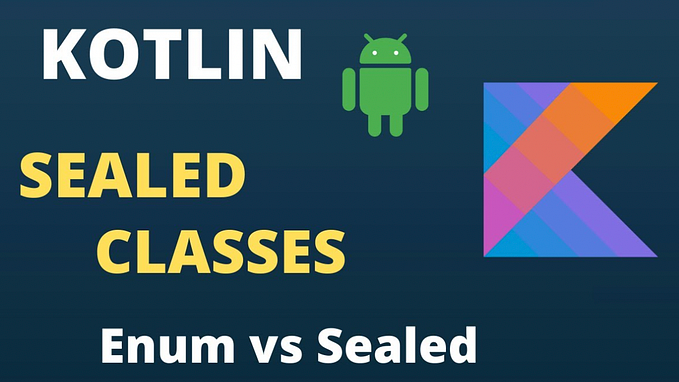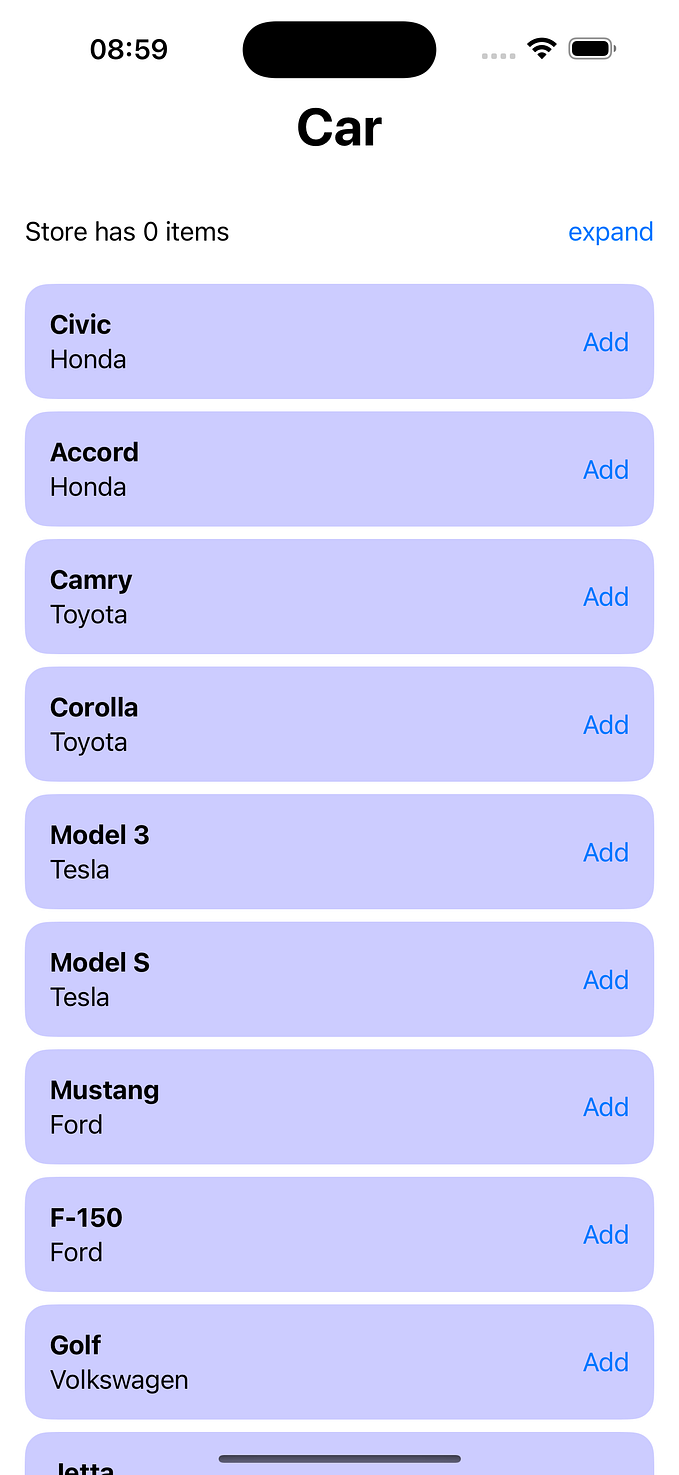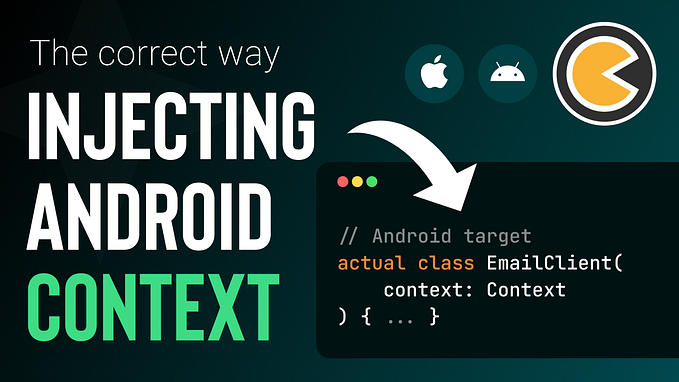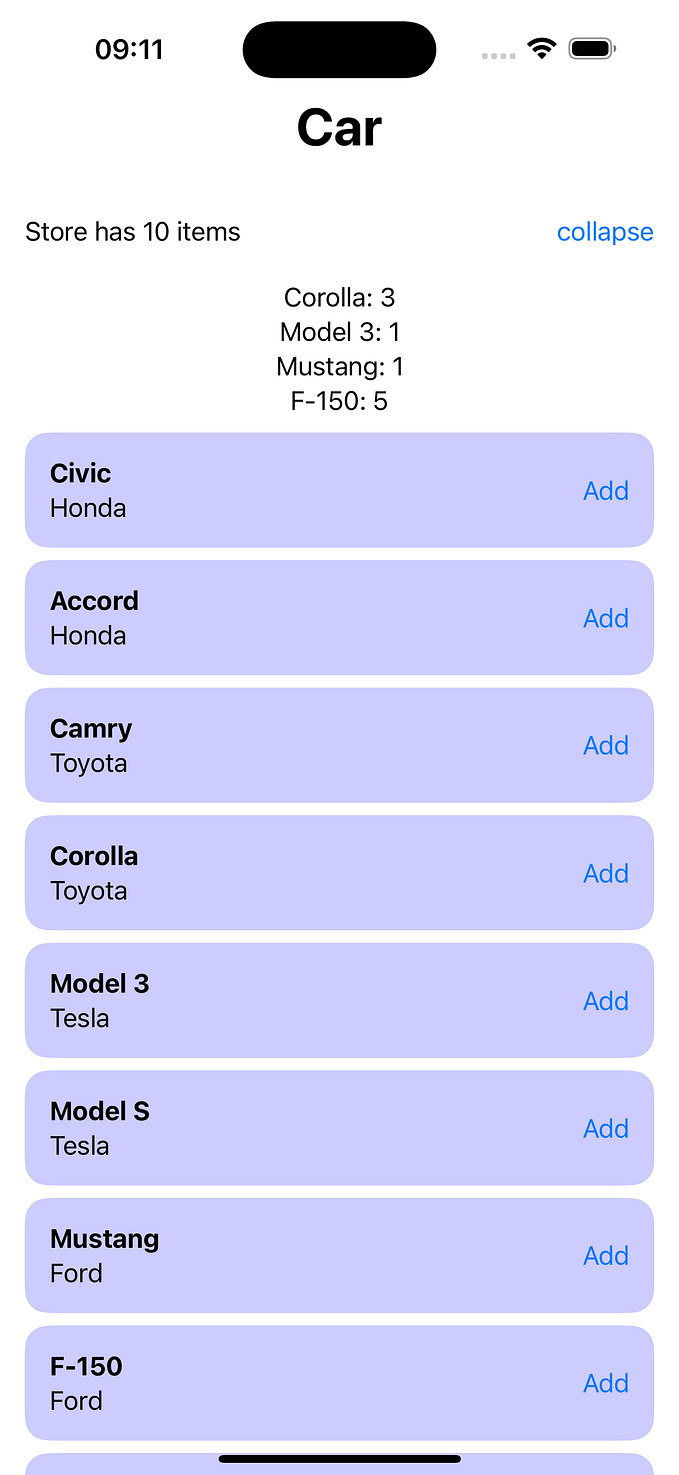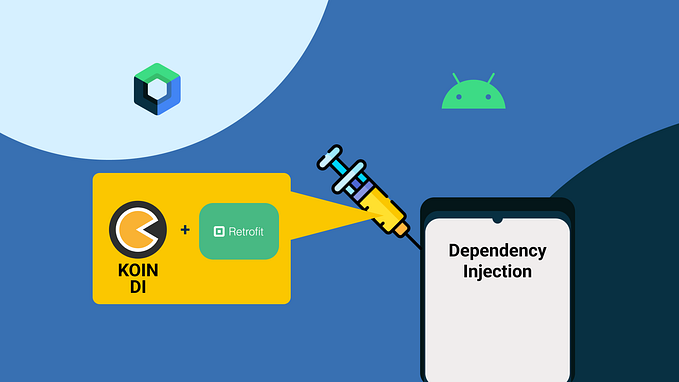Koin: A Practical Guide to Dependency Injection in Android
Dependency injection (DI) is an essential concept in modern Android app development. It helps manage dependencies between different components of an application, making code more modular, testable, and maintainable. There are several DI frameworks available for Android, and in this article, we will explore Koin, a lightweight and pragmatic DI framework, its practical usage in Android, provide code snippets, and compare it with Hilt, another popular DI framework.


Understanding Koin
Koin is a lightweight DI framework for Kotlin applications, including Android. It was designed with simplicity and ease of use in mind. Koin does not rely on code generation or reflection, which makes it fast and efficient. It leverages the power of Kotlin’s DSL (Domain Specific Language) capabilities to provide a simple and declarative syntax for defining dependencies and their relationships.
Practical Usage in Android

Let’s dive into the practical usage of Koin in an Android application by exploring a simple example. Suppose we have an app that fetches data from a remote API and displays it on the screen. We will use Koin to inject dependencies into the relevant components.
1. Add Koin to your project:
To start using Koin, add the necessary dependencies to your project’s build.gradle file:
dependencies {
// Koin core features
implementation 'org.koin:koin-core:3.2.0'
// Koin Android features
implementation 'org.koin:koin-android:3.2.0'
implementation 'org.koin:koin-androidx-viewmodel:3.2.0'
}2. Define modules and dependencies:
Create a module where you define the dependencies needed for your application. For example, let’s define a module that provides a remote API service and a repository:
val appModule = module {
single { RemoteApiService() }
single { DataRepository(get()) }
}Here, single denotes that we want Koin to provide a single instance of the defined dependency.
3. Initialize Koin in your Application class:
In your Application class, initialize Koin by loading the modules:
class MyApplication : Application() {
override fun onCreate() {
super.onCreate()
startKoin {
androidContext(this@MyApplication)
modules(appModule)
}
}
}4. Inject dependencies into components:
In your activity or fragment, inject the required dependencies using Koin:
class MyActivity : AppCompatActivity() {
private val dataRepository: DataRepository by inject()
override fun onCreate(savedInstanceState: Bundle?) {
super.onCreate(savedInstanceState)
// Use the injected dependency
dataRepository.fetchData()
}
}Here, inject() retrieves the instance of DataRepository from the module defined earlier.
Comparison with Hilt
Hilt is another DI framework developed by Google, specifically for Android. While both Koin and Hilt serve the same purpose, they have some differences worth considering:
- Configuration: Koin uses a simple DSL-based configuration approach, making it easy to set up and understand. Hilt, on the other hand, relies on annotations and code generation, which can be more complex but provides deeper integration with Android’s component lifecycle.
- Learning Curve: Koin is known for its simplicity and beginner-friendly nature. It's DSL syntax and straightforward setup make it easy to grasp. Hilt, being a Google-backed library, has better integration with Android Studio and extensive documentation, but may have a steeper learning curve.
- Performance: Koin’s lightweight nature makes it fast and efficient, as it avoids code generation and reflection. Hilt, on the other hand, utilizes code generation and annotation processing, which may impact build times and increase APK size.
Conclusion
Dependency injection is a powerful technique for managing dependencies in Android apps, and Koin offers a simple and pragmatic approach to achieve it. By using Koin, developers can create more modular and maintainable code. Ultimately, the choice between Koin and Hilt depends on the specific needs of your project, level of complexity, and personal preference.

